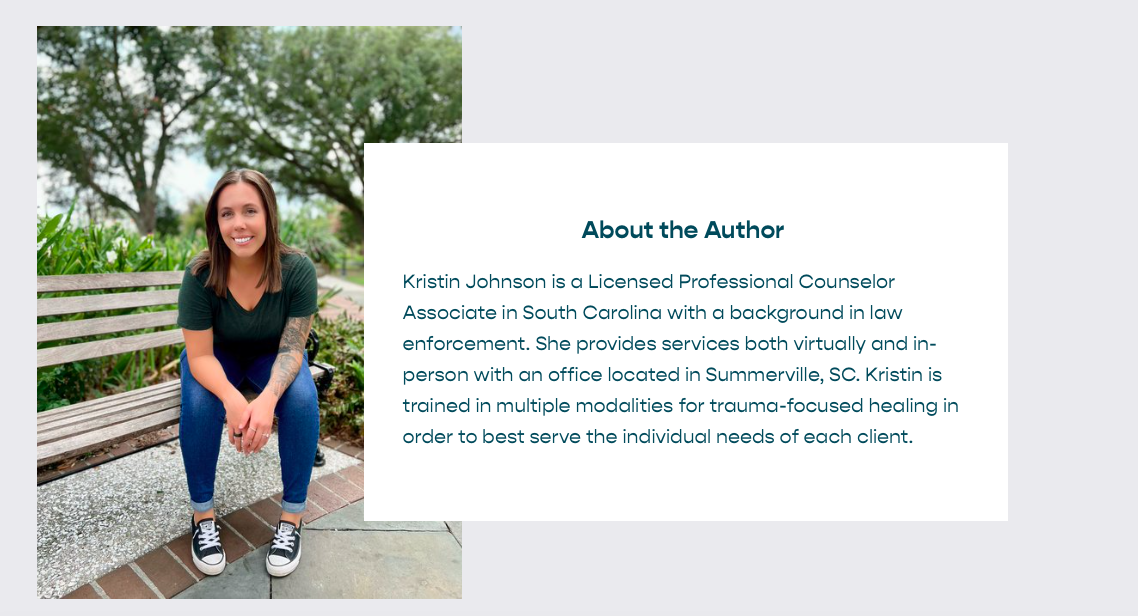Can EMDR Help With Depression?
Depression is more than just feeling sad or stuck in a rut. It’s a heavy, all-encompassing weight that can make even the simplest tasks (like getting out of bed or responding to a text message) feel impossible. For a lot of people, depression isn’t just about a chemical imbalance or a tough season in life. Depression is often rooted in unresolved trauma, causing people to ask the question “Can EMDR help with depression?” If that resonates with you, you’re not alone, and yes, EMDR (Eye Movement Desensitization and Reprocessing) could be a game-changer for you. Let’s explore how EMDR can be an effective treatment method for depression that is rooted in trauma.
Understanding the Connection Between Trauma and Depression
Trauma makes an impact—not just on your mind but on your entire body and nervous system. Experiences like loss, abuse, neglect, or even long-term stress can create deep wounds that don’t simply fade over time. These unresolved wounds can fuel feelings of hopelessness, self-doubt, and emotional numbness—classic signs of depression.
When trauma isn’t processed, your brain can get stuck in a loop, replaying distressing memories or reinforcing negative beliefs like, “I’m not good enough,” "I'm not loveable," or “Things will never get better.” EMDR works by breaking that loop and helping your brain process those experiences in a healthier way, changing the negative belief into a more positive/adaptive belief.
What Is EMDR Therapy?
EMDR stands for Eye Movement Desensitization and Reprocessing. It’s an evidence-based therapy designed to help people heal from trauma and the emotional distress it causes. Unlike traditional talk therapy, EMDR doesn’t require you to relive every painful detail of your experiences. Instead, it helps your brain process those memories so they no longer feel as overwhelming or debilitating. You can read my other blog post titled "What is EMDR Therapy, and is it right for you" for a more detailed explanation of EMDR.
How EMDR Helps with Depression
1. Identifying the Root Cause
Depression often has roots in past experiences, even if those experiences aren’t immediately obvious. By using EMDR, you'll work together with your therapist to identify the events, memories, or beliefs that might be contributing to your depression. Whether it’s a specific traumatic event or a series of smaller, cumulative stressors, EMDR can help you target and process these effectively- likely reducing or eliminating depression symptoms.
2. Reprocessing Distressing Memories
Traumatic memories are like unfinished business for your brain. They linger in your subconscious, influencing your thoughts, feelings, and behaviors. EMDR uses bilateral stimulation (like guided eye movements or gentle tapping) to help your brain reprocess these memories. The goal isn’t to erase the past but to help you see it with less pain and emotional intensity.
3. Shifting Negative Beliefs
Trauma often reinforces negative beliefs about yourself or the world, such as “I’m powerless” or “I’ll never feel better.” EMDR helps you replace these beliefs with more balanced and empowering ones, like “I’m capable” or “Healing is possible.” This shift can significantly reduce feelings of hopelessness and improve your overall outlook on life.
4. Reducing Emotional Overwhelm
One of the most common experiences of depression is feeling emotionally stuck or numb. EMDR helps reduce the emotional overwhelm tied to trauma, allowing you to reconnect with your emotions in a healthier way. You’ll learn to process feelings without becoming consumed by them.
Benefits of EMDR for Trauma-Related Depression
Faster Progress: EMDR often produces results more quickly than traditional talk therapy.
Deeper Healing: It addresses the root cause of depression, not just managing the symptoms.
Lasting Results: By reprocessing trauma, you’re less likely to feel triggered by it in the future.
Empowerment: EMDR helps you reclaim a sense of control over your life and emotions.
If depression has been weighing you down and you suspect past trauma might be part of the story, EMDR could be the key to unlocking a brighter, more hopeful future. Schedule a free phone consultation today, and let’s talk about how EMDR therapy can help you move forward. You don’t have to face this alone!
Looking to connect with a therapist who specializes in trauma and EMDR?
Take the first step towards getting your happiness back.
(South Carolina residents only)

